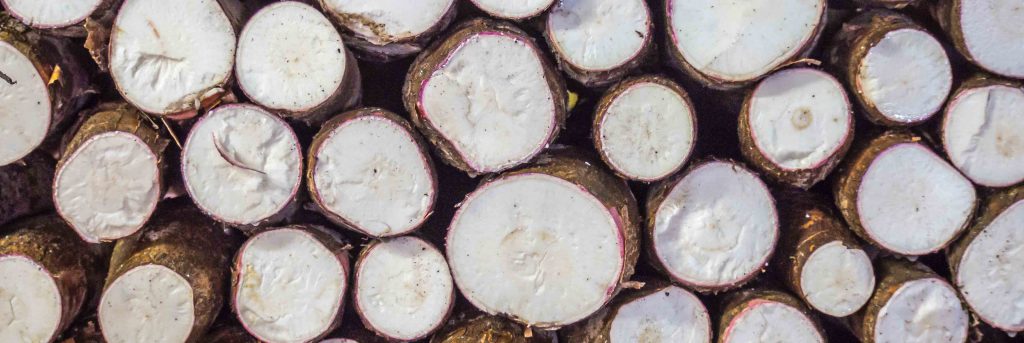
Below are some of the probiotic and prebiotic ingredients and suppliers you’ll find on Fieldcraft.
Contact us to request more information, samples and quotes.
What are probiotics and prebiotics?
Everywhere you go, you’re carrying trillions of microscopic lives with you. How those tiny lives interact and get along can influence your personal health. Probiotics and prebiotics help to maintain a healthy inner community. In the process, they also help you maintain a healthy digestive system, relieve uncomfortable (or dangerous) digestive issues and boost your immune system. This is all accomplished by maintaining balanced gut microbiota. The microbiome is linked to overall health; the happier it is, the happier and healthier you are.
How are they different?
To understand probiotic and prebiotic benefits, you have to know how they function. Here’s a quick explanation:
- Probiotics are actual bacterial colonies. When you introduce them to your microbiome, they can potentially help to control the growth of harmful bacteria. There are many types of probiotics, and researchers are discovering other microscopic benefits they bring to the table.
- Prebiotics are not living colonies, but they help to support them. Your microbiome requires specific energy sources to thrive, but the right nutrition might not make its way to where it needs to be — for example, the large intestine. Prebiotics are organic fibers that don’t digest in the stomach. Rather, they ferment in the large intestines, giving those hidden bacterial colonies something to eat.
Where can I find probiotic and prebiotic suppliers?

Both CHR Hansen and MAK Wood offer a wide range of probiotics. CHR Hansen has seven from Bifidobacterium (BB-12®) to Streptococcus thermophilus (TH-4®), while MAK Wood supplies 18 including a variety of Lactobacillus, Bifidobacterium, Streptococcus and Saccharomyces Probiotics.
For prebiotics, Inulin is a functional dietary fiber source in applications like granola bars, frozen desserts and nutritional beverage powders. MAK Wood produces Chicory Inulin while Ciranda’s Organic Agave Inulin is a mildly sweet, fine white powder made from the agave plant. LifeBridge also offers Agave and Chicory Inulin, as well as Jerusalem Artichoke Inulin. Also check out COPRA’s Organic Coconut Nectar. Coconut nectar is made from collecting droplets of the coconut nectar bled from the coconut flower. It has a rich, unique and pleasant honey-like taste and texture. Coconut nectar contains an incredible 65 minerals and 17 amino acids with a low score of 35 on the Glycemic Index.
Plant-based powders, flours and pulp are also good sources of prebiotics. Baobab Fruit Powder is packed full of antioxidants, vitamin C, calcium, potassium and prebiotic fiber.
Finally, ReGrained produces Upcycled Brewers Malted Barley Flour that resembles a toasted flour with great flavor, aroma and functional properties, while Think.Eat.Live produces Sunflower Seed Flour – SunFlour®, a versatile flour that can be used in place of wheat-based and gluten free flours, but it contains 75% less carbs and 4x the protein and fiber. Products using this flour can be formulated to provide 1/3 of daily protein requirements per serving and meet ketogenic and paleo certification standards.
Discover ingredient suppliers on Fieldcraft
This is just a selection of some of the probiotic and prebiotic ingredients and suppliers you’ll find on Fieldcraft. Join a community of innovators and easily find and source from thousands of ingredients. Signing up is free and easy. Start your search.
